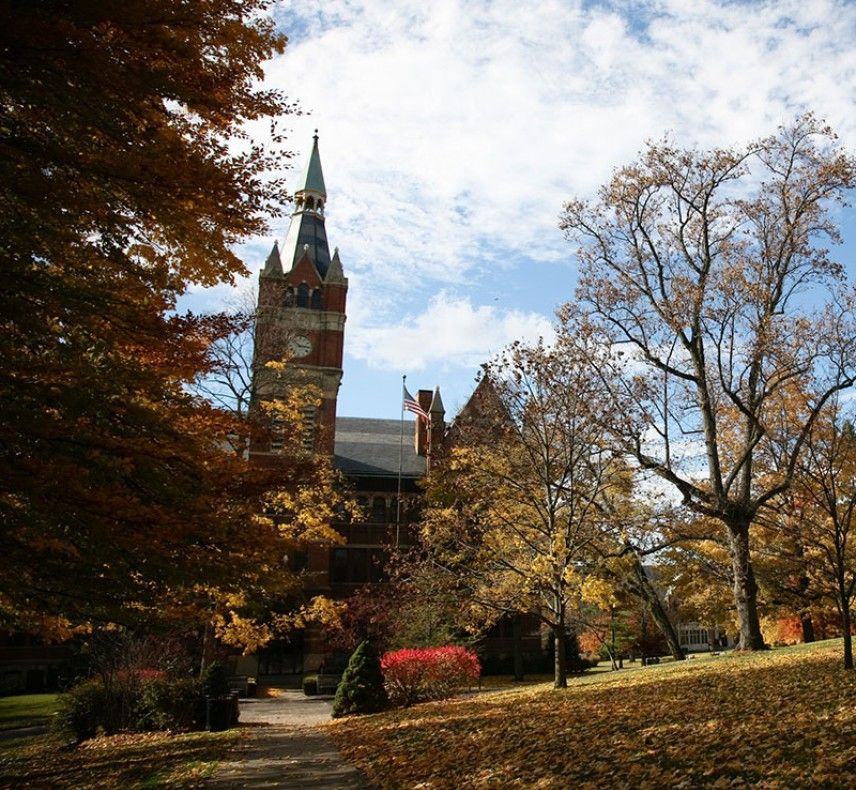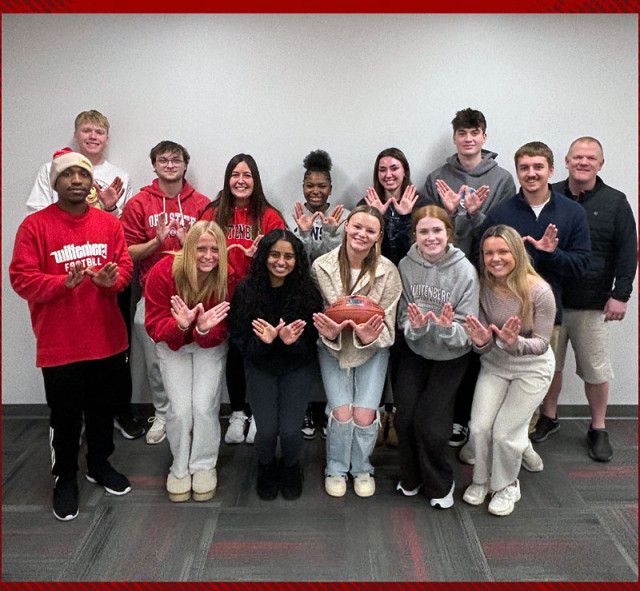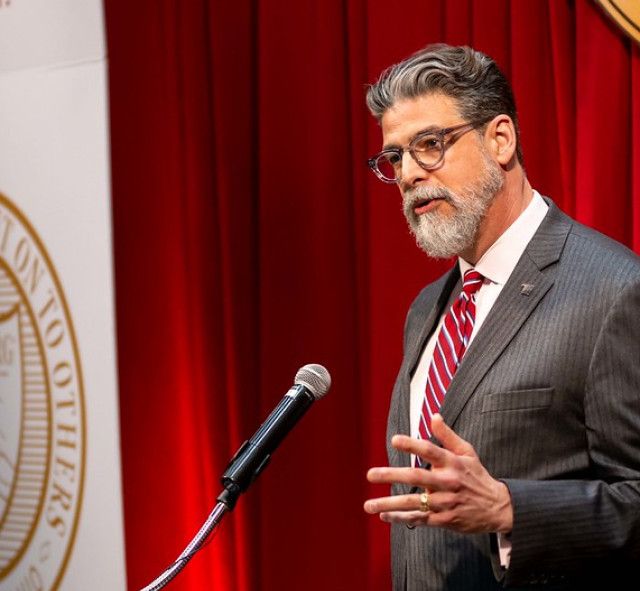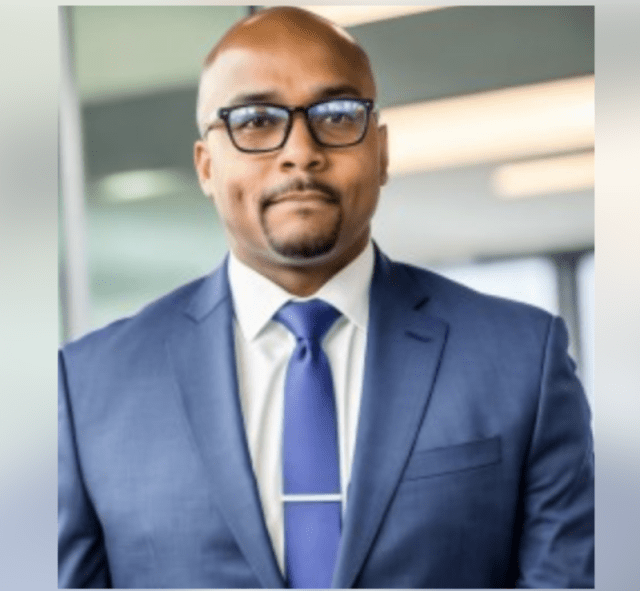When Wittenberg University welcomes its 13th president on July 1, the nationally ranked institution will have already completed six weeks of its yearlong intensive study of its relationship with the Evangelical Lutheran Church in America.
Authorized by the university’s Board of Directors last fall in recognition of the changes in the campus, church and society at-large, the “Wittenberg Lutheran Identity Study” fulfills one of the university’s strategic plan initiatives and serves as a follow-up to a similar study conducted 10 years ago at Wittenberg.
“The commission is charged with examining the educational foundation of Lutheran commitment to learning and vocation, assessing Wittenberg’s engagement of that foundation in its comprehensive mission of learning and living in community today, and articulating the future vision of Wittenberg’s relationship with the Lutheran Church,” said Ingrid Stafford, chair of the Board of Directors and a 1975 alumna of Wittenberg.
Among the questions the commission will likely address are how should Wittenberg reconcile the exploration of faith and intellect in its programs and policies, and what makes Wittenberg different from other small, private, liberal arts schools? In preparation for such discussions, commission members are currently in the process of educating themselves on higher education and the ELCA through extensive research and readings.
Stephen R. Buchenroth, a 1970 alumnus from Columbus, Ohio, a member of the Board of Directors and a partner with the law firm Vorys, Sater, Seymour & Pease, will chair the 12-member commission, which met for the first time on Monday, May 16. Buchenroth will be joined by fellow board members The Rev. Paul F. Swartz, a member of the class of 1965 from Carmel, Ind., and the senior pastor of King of Glory Lutheran Church, along with Ronald C. Woods, a 1969 alumnus from Ann Arbor, Mich., and the director of the Institute for the Study of Children, Families, and Communities and professor of African-American studies at Eastern Michigan University.
Representing the administration will be Kenneth W. Bladh, a 1969 alumnus of Wittenberg, the university’s provost and professor of geology. The faculty will be represented by Trudy Faber, professor of music, and Timothy Lewis, professor of biology and department chair, and the staff will be represented by Kristen L. Collier, a 1991 alumna and director of community service.
Karl R. Schmitt of the class of 2006 from Newville, Pa., and Rebekah T. Weiner of the class of 2007 from Solon, Ohio, will serve on behalf of the students, while Ingrid A. Lundquist, a 1978 alumna from Poland, Ohio, and an independent college counselor, will represent the alumni. The church will also be represented by Marilyn McCann Smith of Bluffton, Ohio, who serves as co-director of Region VI of the Evangelical Lutheran Church in America, and by Anders S. Tune, co-pastor to Wittenberg University.
“To ensure that this study engaged all of the university’s major constituencies in the process, the board decided to establish this small core group of representatives to serve on this commission after considerable consultation with opinion leaders at other ELCA-affiliated schools, several of which have also recently undertaken such studies,” Stafford said.
Serving as a consultant to the commission will be Tom Christenson, professor of philosophy at Capital University, who recently authored The Gift and Task of Lutheran Higher Education. Assisting will be Mark H. Erickson, president-elect of Wittenberg, Rachel S. Tune, co-pastor to the university, and Robert L. White, director of church relations at Wittenberg. Directing the study will be Richard P. Veler, professor emeritus of English and general secretary emeritus of the university. The commission plans to present its recommendations to the Board of Directors at its May 2006 meeting.
“This is a significant undertaking in the life of Wittenberg,” Stafford said, “and the results of this study will be far-reaching in determining how the university builds upon its Lutheran heritage in the 21st century.”







